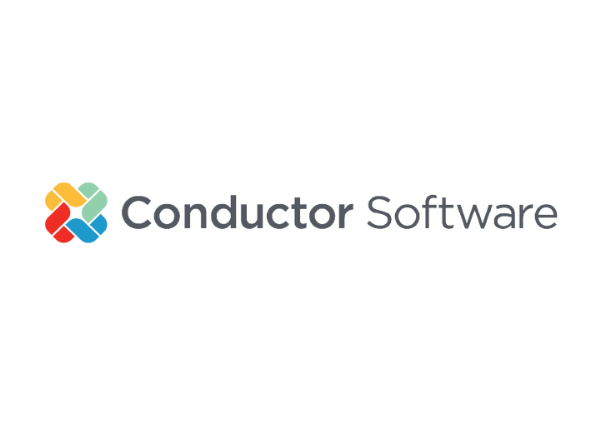Tech for Good – Health & Wellbeing
Merit Recipient
Organisations wishing to improve the health and wellbeing of the people in their workforce may find a conflict between organisational performance and workforce wellbeing. We intuitively understand that the wellness of our people is necessary for our organisation to perform. However, it has historically been difficult to calculate a return on people-related investments beyond remuneration, training and physical safety. This difficulty often results in an under-investment in people-related support which can undermine the mental and social wellbeing of people in the workforce. The result is lose-lose-lose for the
people in the workforce, the organisation’s performance, and greater society.
1. It is difficult for organisations to see the impact that their DEI practices have on the mental and social wellbeing of the people in their workforce.
2. Further, organisations are unable to see how their DEI practices undermine the workforce’s ability to impact collaboration, innovation, customer satisfaction and staff retention. This leaves decision-makers blind and less able to make decisions that could positively affect DEI, mental and social wellbeing, and organisational performance.
3. Finally, organisations don’t have approaches that guide DEI-related discussions and suggest improvements that could measurably impact workforce mental and social wellbeing.
To summarise: it is difficult for organisations to see DEI issues, measure their impact on workplace mental and social wellbeing and organisational performance, and make decisions to sustain and improve them.
ConductorSoftware.com is a software platform that addresses each of the three problem areas directly:
1. Conductor measures psychological safety in an organisation’s people. It can highlight higher and lower psych safety by any factor including gender, age, race, ethnicity and education. Further, it can identify higher and lower psych safety in the organisation’s org chart.
It assesses psych safety in 5 themes and 25 topics including trust, respect, acceptance and fairness. These are key to understanding and supporting inclusiveness and equity.
It presents these results in several reports and charts that clearly highlight psychological safety differences between groups.

